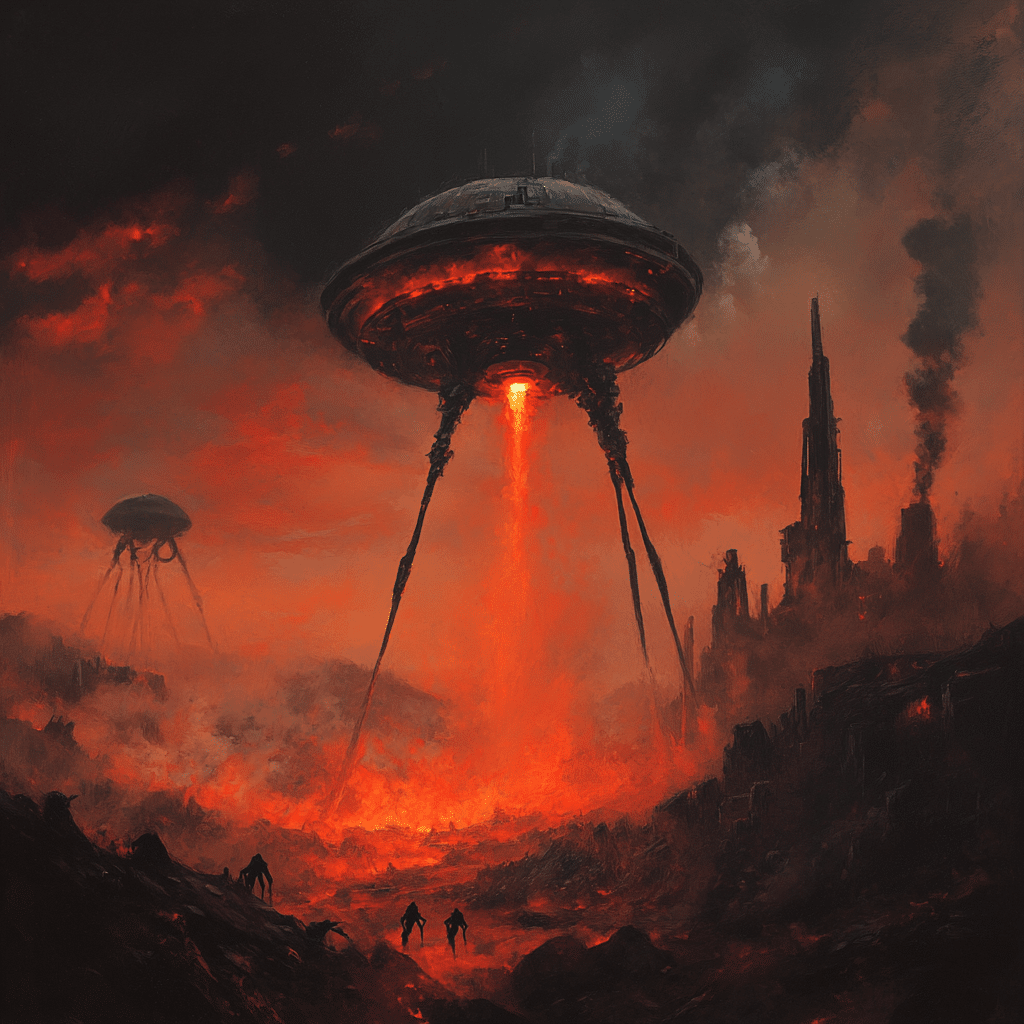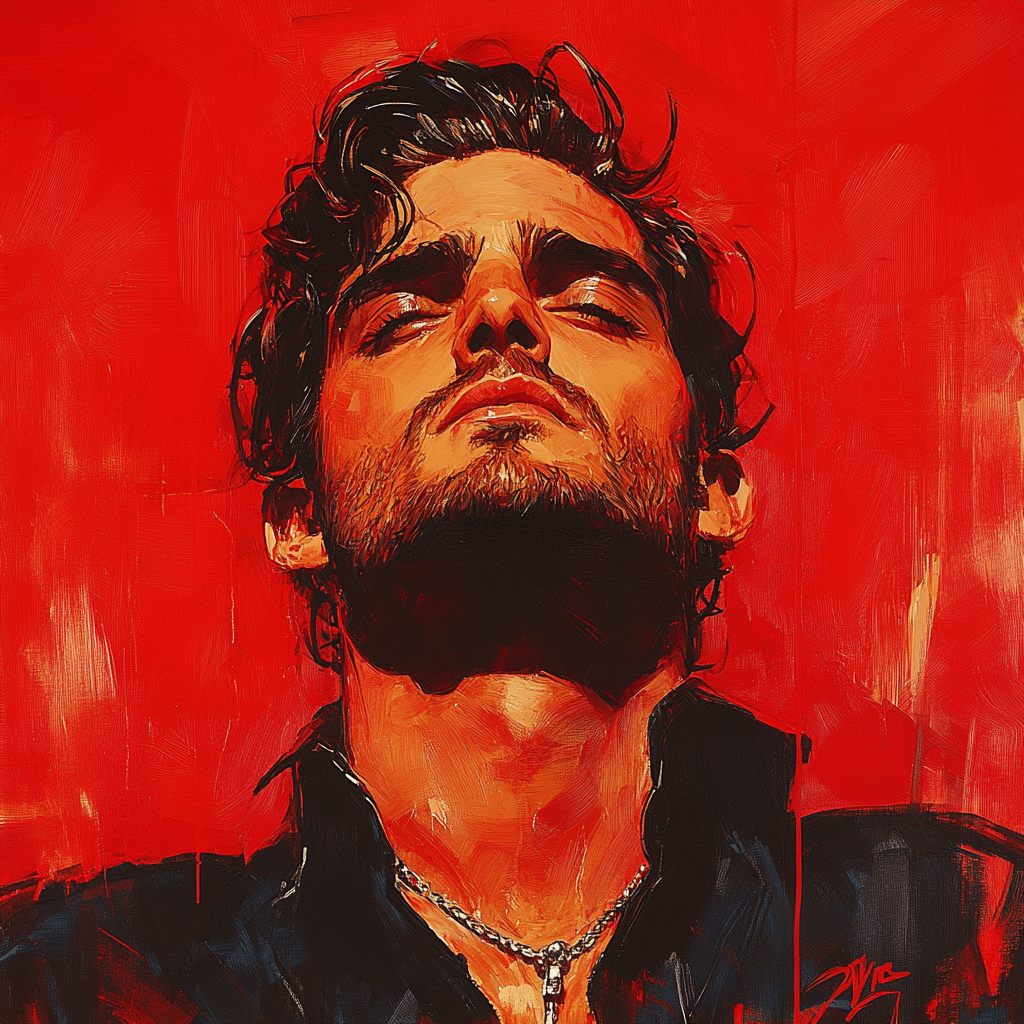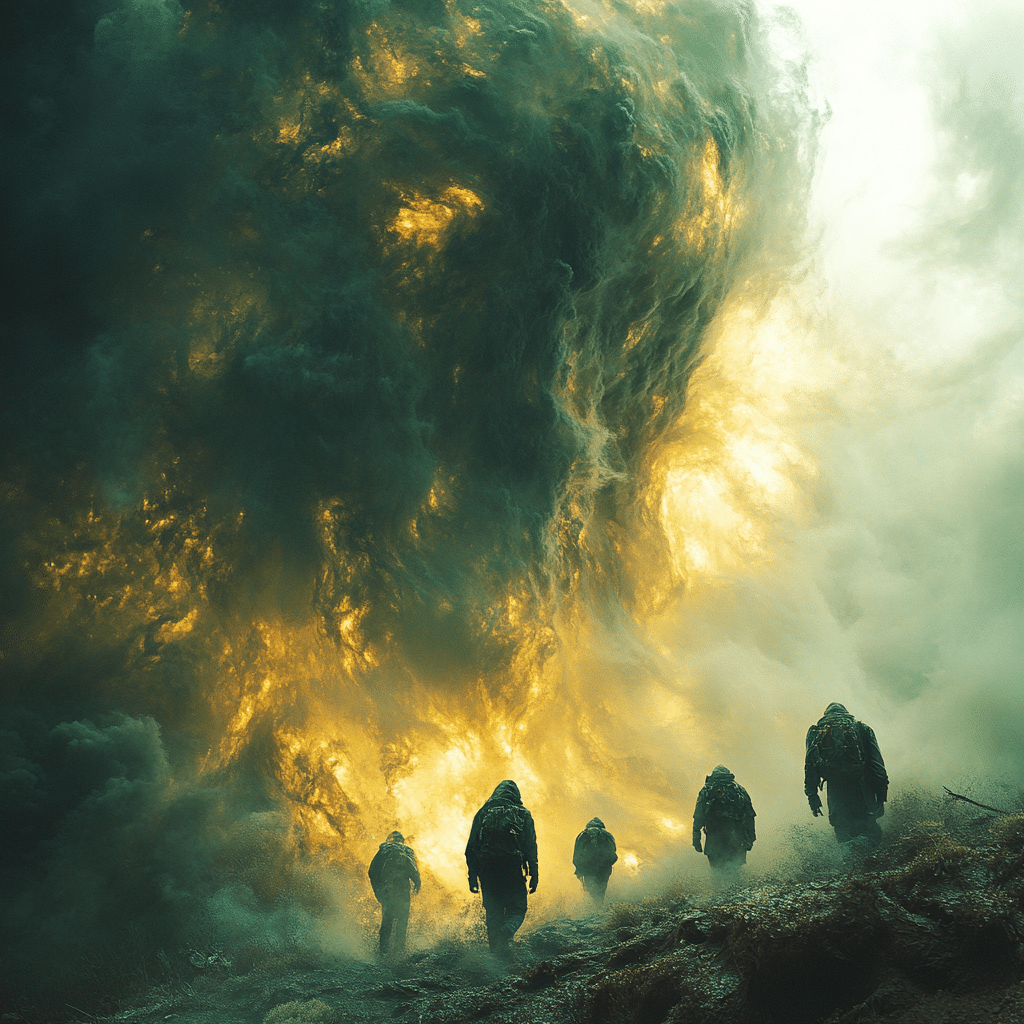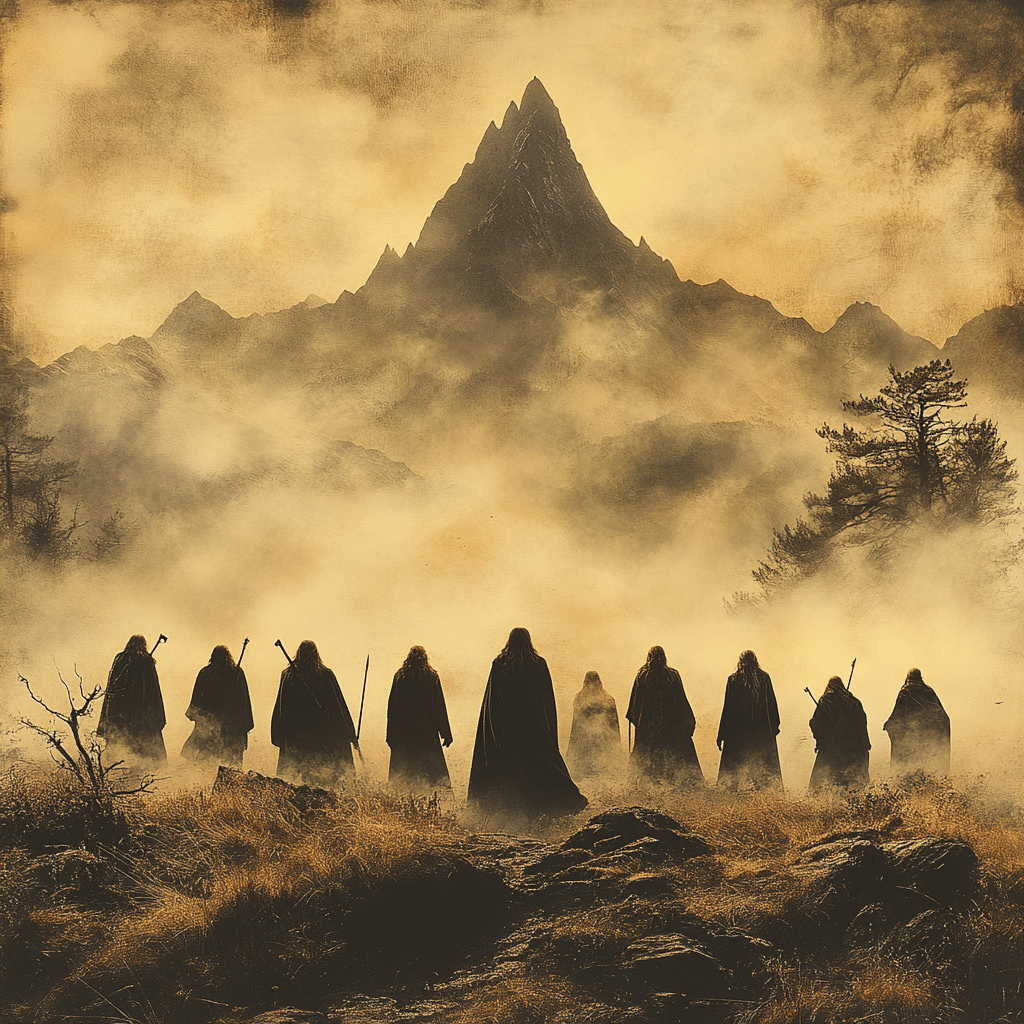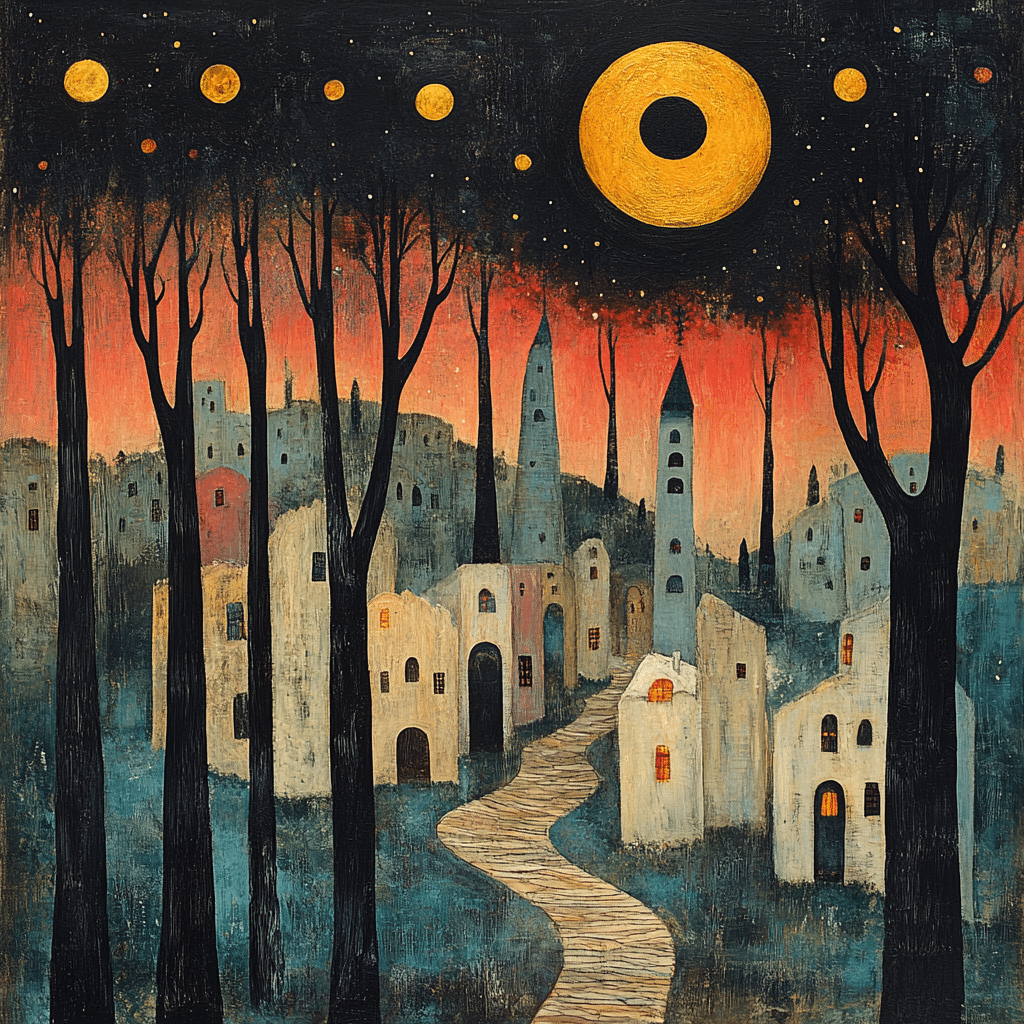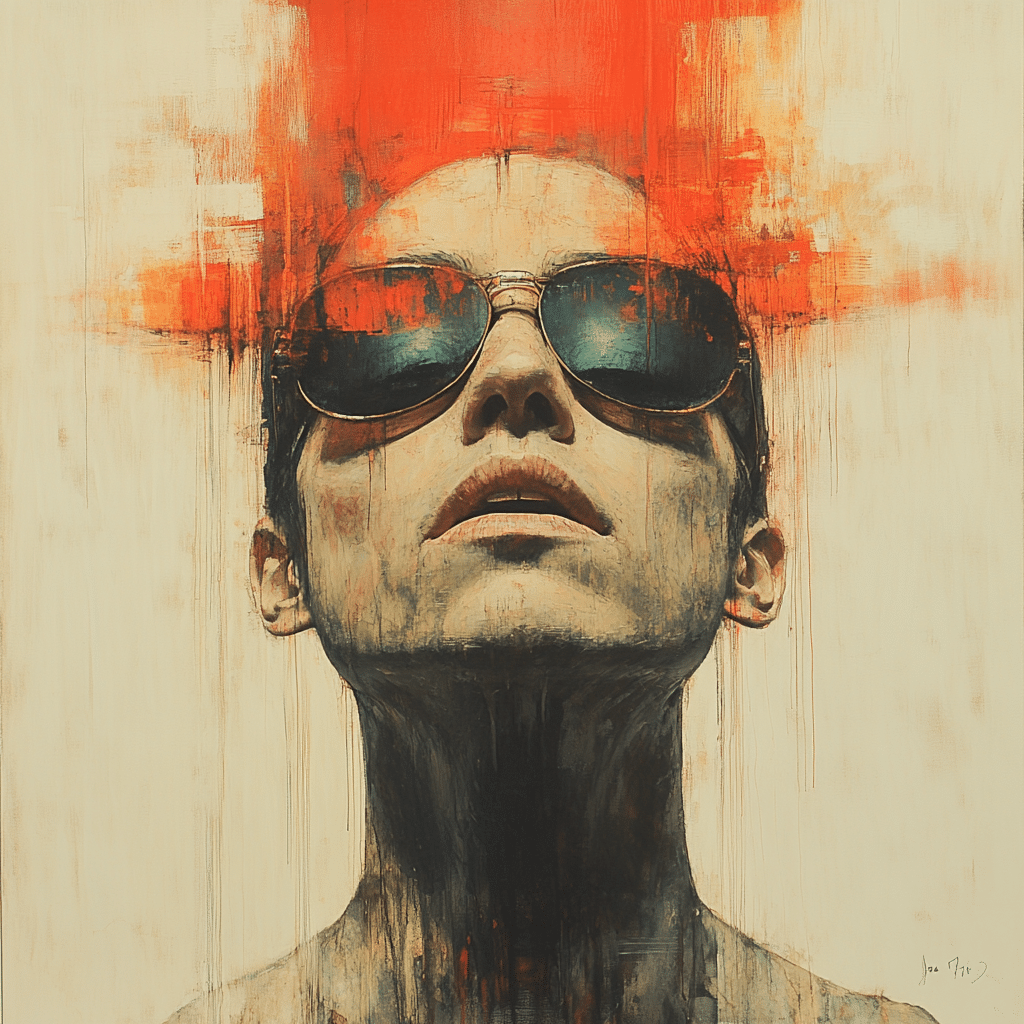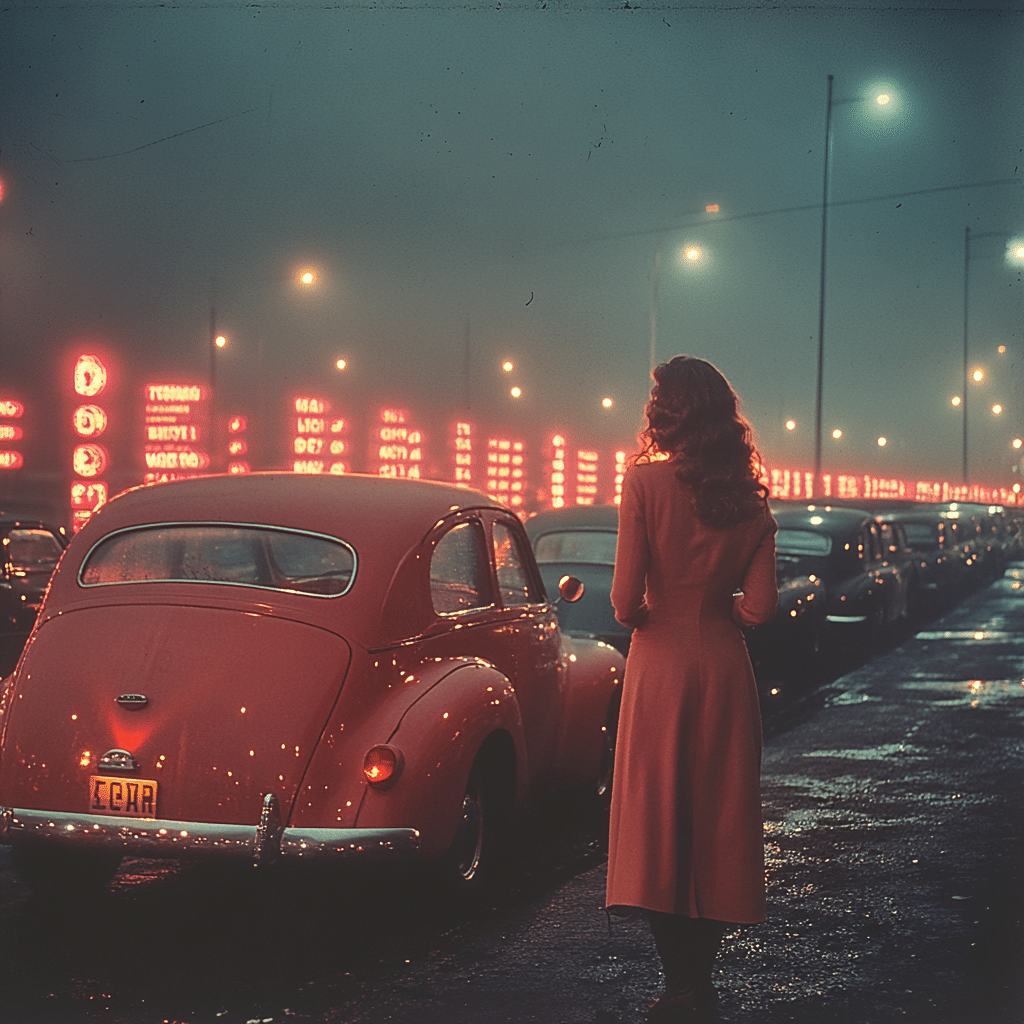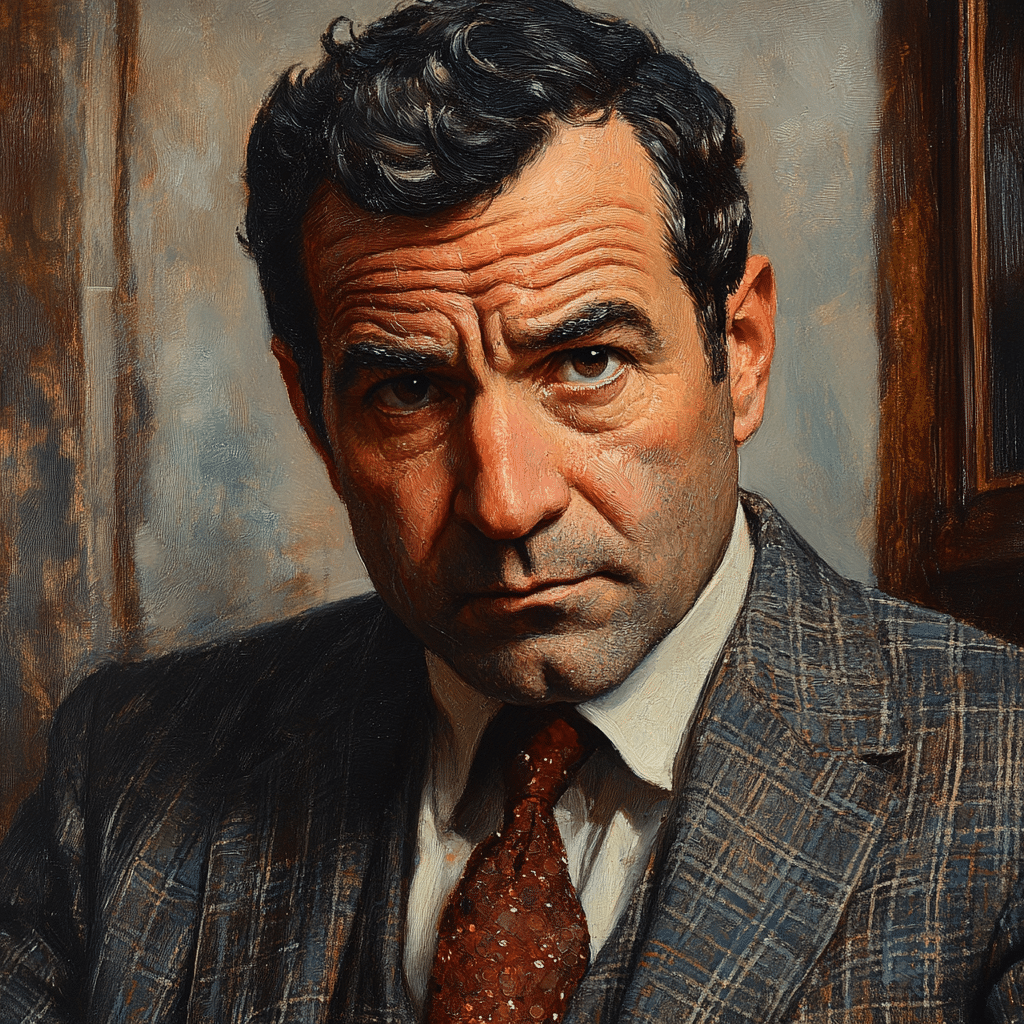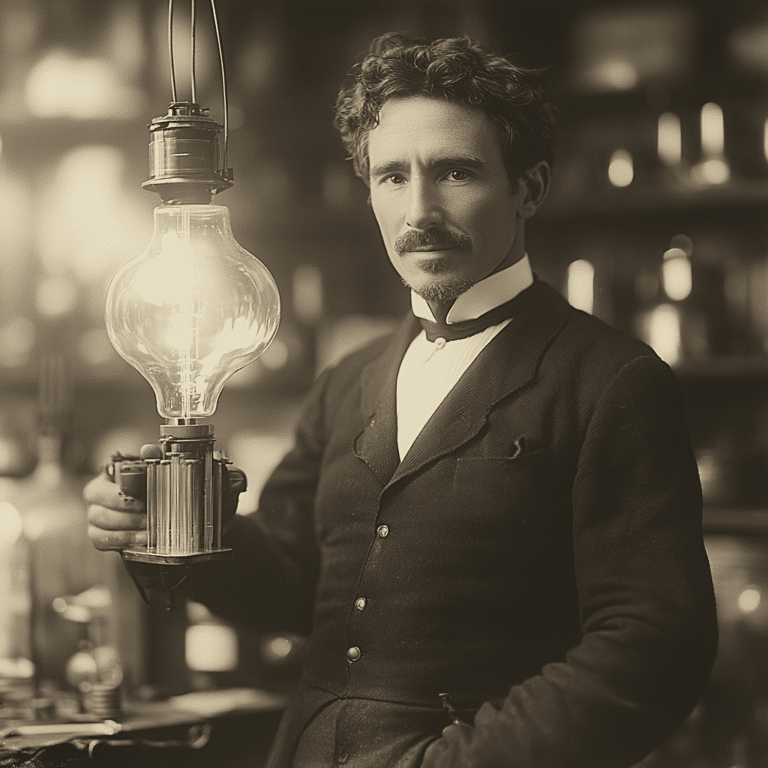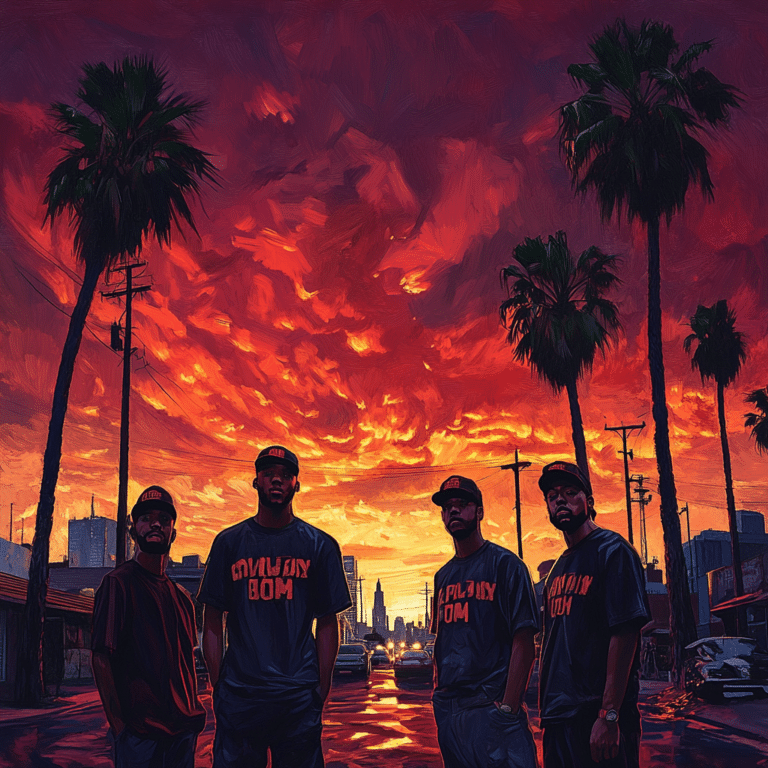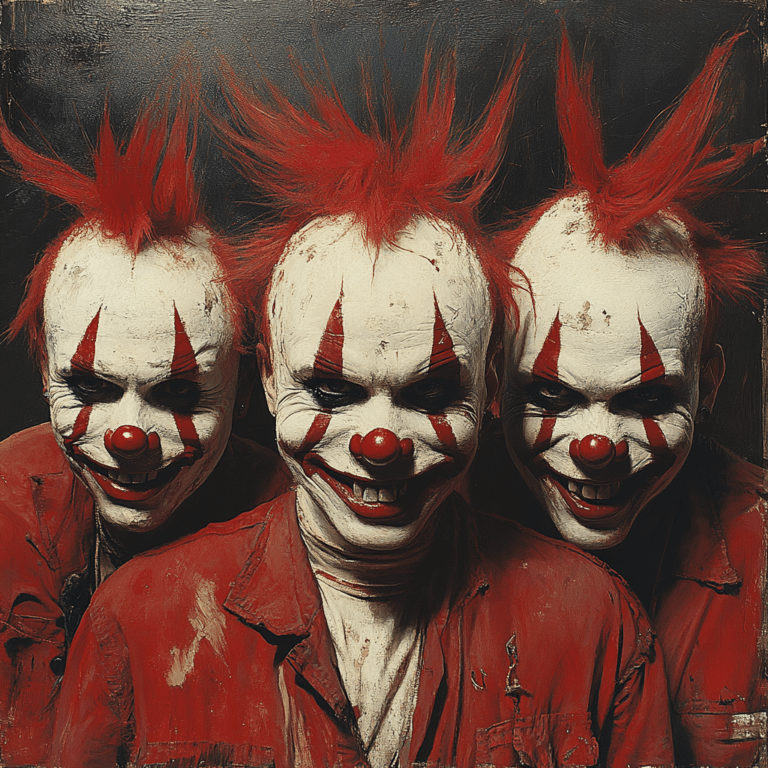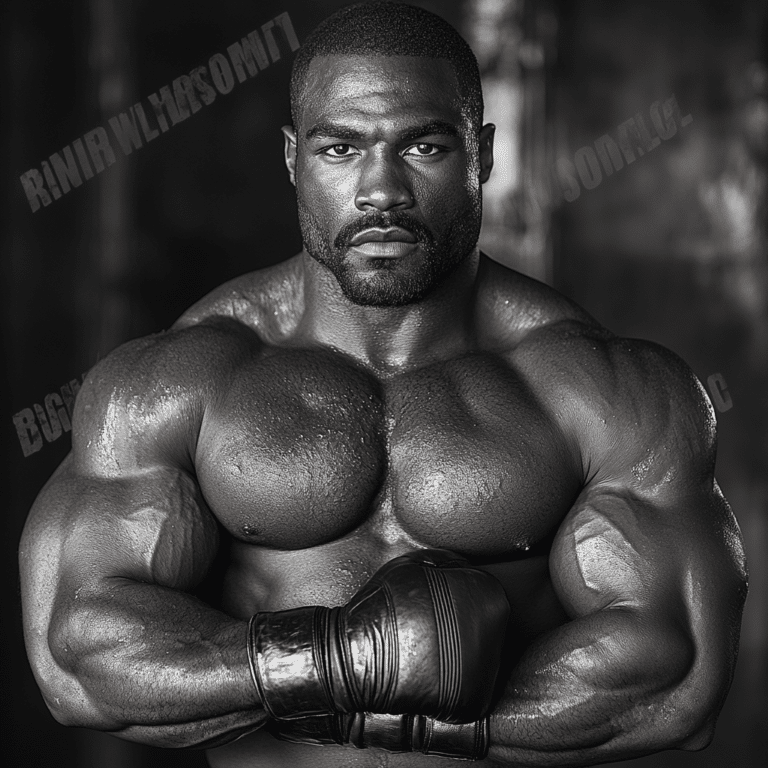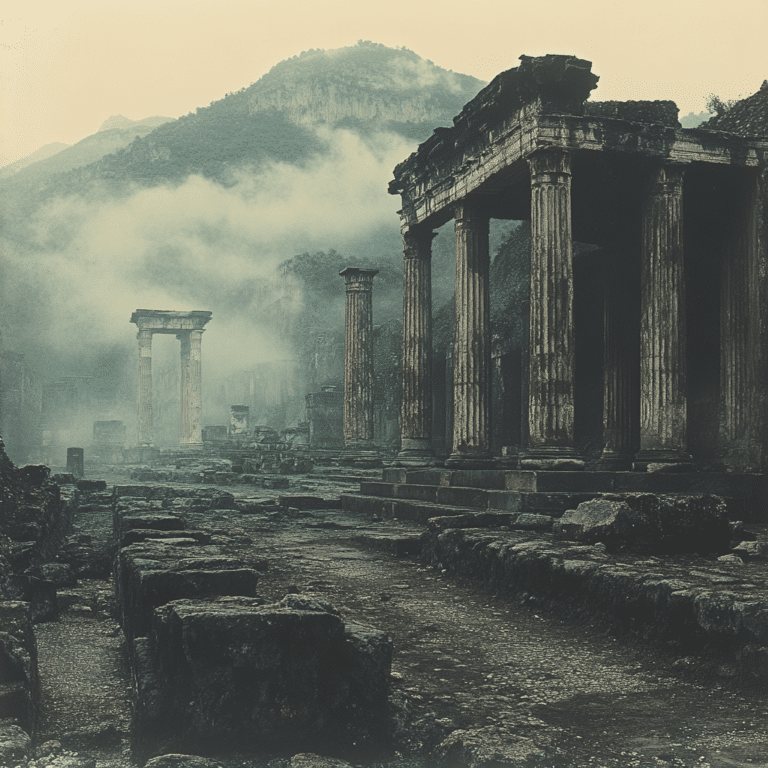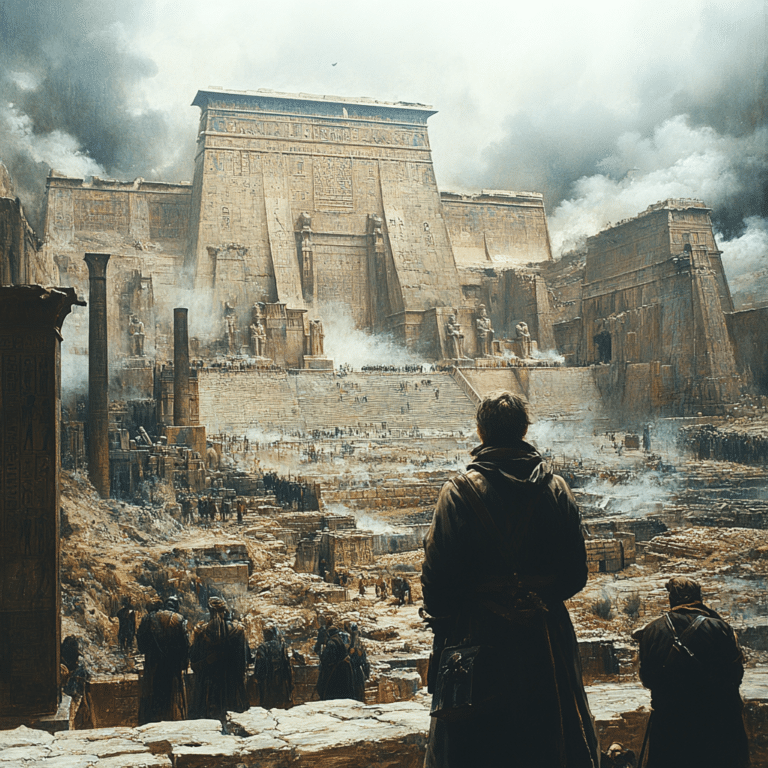When it comes to tales of alien invasions, nothing quite captures the imagination like H.G. Wells’s War of the Worlds. Written in 1898, this gripping narrative set the stage for countless adaptations and inspired a multitude of alien-themed stories across various media. With its themes of fear, survival, and the struggle of humanity against overpowering forces, War of the Worlds resonates deeply, even in today’s world. As we delve into this iconic story, we’ll compare it to contemporary fixations like Transformers: Age of Extinction and Transformers: Rise of the Beasts. So grab some popcorn, and let’s take a journey through the alien-infested landscapes of science fiction!
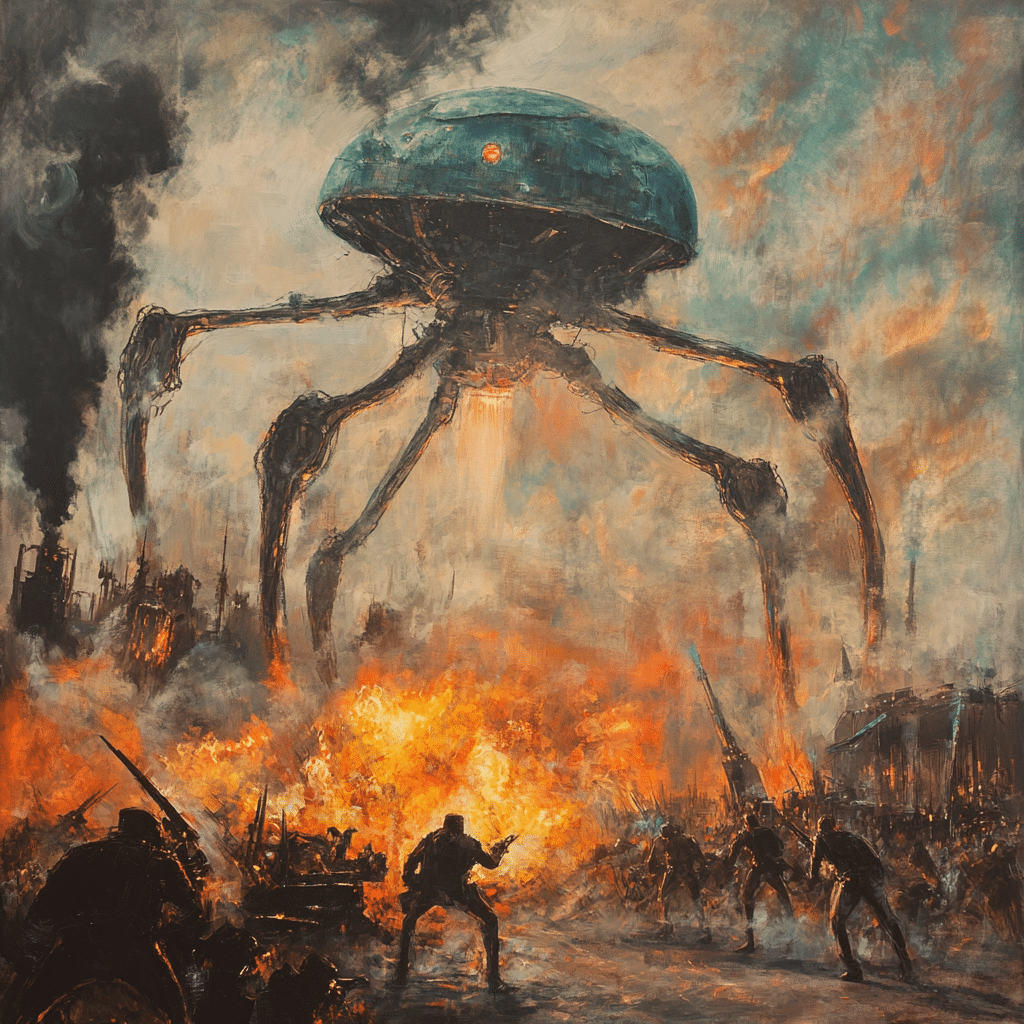
5 Ways War of the Worlds Influenced Modern Alien Invasion Narratives
1. Dystopian Themes Representing Humanity’s Fragility
The way Wells paints humanity as vulnerable to advanced alien technology lays the groundwork for numerous modern stories. Look at films like Transformers: Age of Extinction, showcasing the consequences of humanity’s creations evolving beyond control. Whether it’s the self-learning robots or otherworldly foes, there’s a parallel here: the fragility of our existence in front of more powerful forces.
2. The Concept of Survival Against Odds
One thing that’s beautifully chaotic in War of the Worlds is the instinct to survive. Characters find themselves grappling with overwhelming odds, mirroring the heart-pounding action in Transformers: Rise of the Beasts. Just like Wells’ characters, the folks in the Transformers universe must navigate their way through colossal battles, embracing that raw human desire to come out on the other side.
3. Technological Anxiety and Its Symbolism
Wells’ terrifying portrayal of advanced technology as a weapon resonates today, particularly with our love-hate relationship with innovation. Just think about the Transformers franchise, where sentient robots evoke fears of losing control over the very technologies we build. It’s a sentiment you can feel washing over us whenever we contemplate the future—will our own inventions come back to bite us?
4. Environmental and Cultural Consequences
In War of the Worlds, the Martians wreak havoc on Earth, a metaphor for our environmental limits. Today, similar themes emerge in narratives surrounding climate change and disaster, as seen in Transformers: Rise of the Beasts. The sumptuous destruction isn’t just about action; it reflects a growing awareness of the fragility of our environment—like a well-made Puerto Rican restaurant being replaced by a parking lot!
5. Narrative Structures Emphasizing Personal Stories Amid Chaos
At the heart of both War of the Worlds and the Transformers series lies the human experience amidst total chaos. The personal struggles provide relatable touchpoints, diving into the emotional depths of the characters while still facing the big bad aliens. This structure makes viewers feel connected, deepening the storytelling.
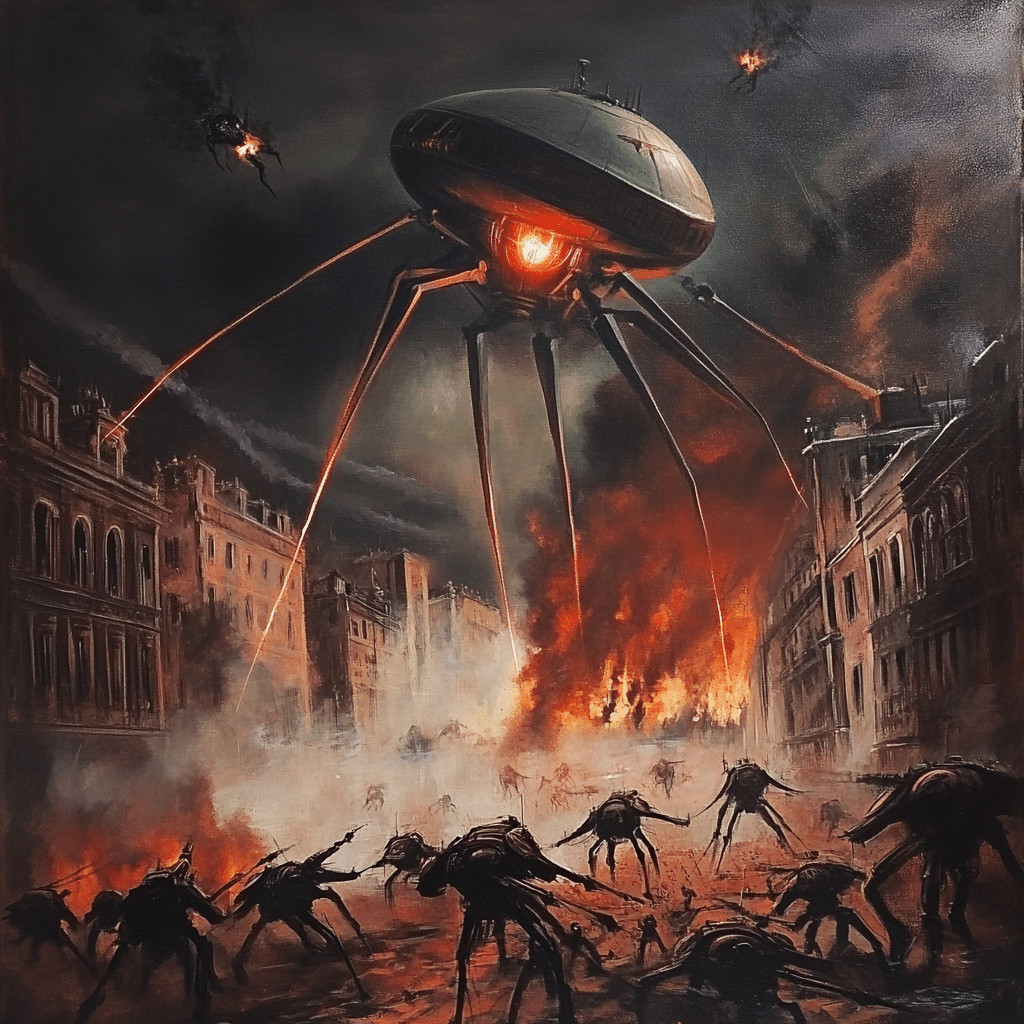
Evolution of the Alien Invasion Genre
The shadow of War of the Worlds looms large, shaping the fabric of alien invasion stories everywhere. From Orson Welles’ spine-tingling 1938 radio broadcast that had folks diving under their beds to Steven Spielberg’s stunning 2005 adaptation, the narrative has evolved, mirroring our anxieties and ambitions.
Cinematic Techniques and Storytelling Advances
Today, filmmakers harnessing advanced CGI create spectacles that Wells could only dream about. The intergalactic skirmishes in Transformers: Age of Extinction make you feel the impact of alien technology, merging emotion with mind-blowing visuals. It’s like riding a rollercoaster through a living comic book!
Crossover Appeal in Urban Pop Culture
Let’s not pretend it all stops at films. War of the Worlds and the Transformers franchise have taken root in video games, literature, and all sorts of merchandise. From Pubg-inspired collectibles to action figures, our fascination with the unknown seeps into everyday life, echoing the question: what else is out there?
Contextualizing the Impact of War of the Worlds
The influence of War of the Worlds extends beyond mere fear; it pushes us to confront existential questions. What’s our position in the vast universe? How does technology intertwine with our lives?
Personal Stories in Character Studies
Examining popular characters in the Transformers series, such as Optimus Prime and Bumblebee, we see depths and nuances that encourage deeper thought about alien encounters. In Transformers: Rise of the Beasts, the narrative invites viewers to consider both the external threats and internal crises, echoing Wells’ timeless theme of humanity confronted with the unknown.
Reflecting on Our Humanity
The discourse surrounding alien encounters leads us to recognize not just our vulnerabilities, but also our strengths and aspirations. Just as War of the Worlds forced its audience to grapple with survival amidst an existential crisis, today’s narratives reflect a society that is aware of its challenges but continues to hope for a brighter tomorrow.
Reflecting on Our Future: The Legacy of War of the Worlds
The legacy of War of the Worlds continues to inspire, foraging paths for future generations of storytellers.Issues surrounding technology, survival, and human perseverance will remain crucial as long as we look up at the stars, dreaming of what might be beyond our atmosphere.
As we reconnect with the depths of War of the Worlds, whether through a modern adaptation or a radio classic, we realize that the themes of survival and existential inquiry will continue to resonate in our lives. The exploration of alien encounters serves as a mirror, allowing us to confront our fears and pressing issues within our own lives.
So grab your popcorn, and let’s keep watching! Who knows? The next great invasion might just be around the corner—ready to pull us into its chaotic thrill. Want a taste of that drama? Don’t forget to check out the ultimate alien showdown in films like Transformers: Rise of the Beasts and the more nostalgic War of the Worlds. After all, in the face of the cosmos, we’re all in this together!
Fun Trivia and Interesting Facts About War of the Worlds
Timeless Legacy of War of the Worlds
Did you know that H.G. Wells’ iconic story “War of the Worlds” sparked the imagination of countless filmmakers and artists? The thrilling tale of alien invasion has inspired everything from movies to music. One notable adaptation is the 1953 film directed by Byron Haskin, which brought the battle against Martians to the big screen with stunning special effects for its time. Notably, this version contributed to the popularization of science fiction cinema and set the stage for future classics. Speaking of classics, the movie influenced a multitude of genres, like the unconventional approach to creature feature films; it even resurfaces in pop culture references, like Daddy’s Home where playful nods to alien encounters appear.
Alien Concepts and Cultural Impact
Interestingly, Orson Welles’ famous radio adaptation in 1938 caused panic among some listeners who believed the Martians were truly invading! This broadcast showcased the power of media and how easily it could sway public perception, much like how Ali Macgraws presence in her films shifted the narrative tone in each project she undertook. The legacy doesn’t just end with radio or film— it branches out into numerous versions and retellings, reshaping how audiences perceive the concept of extraterrestrial life. Additionally,War of the Worlds” has had a lasting impact on music, with artists like Dimebag Darrell lending their creativity to the theme in various songs, elevating the subject of alien invasions into heavy metal lore.
From Classics to Modern Interpretations
Fast forward to recent years, adaptations like Steven Spielberg’s 2005 film brought a new darkness to the classic tale. Here, we see a captivating mix of advanced visuals and emotional depth that resonates with modern audiences. The thrilling tension of alien encounters reminds us of the inherent fears around the unknown—feelings explored through the lens of other cinematic experiences like Funeral, which dives into emotion and loss. Plus, the imaginative twist of concepts like Black Shrek and its playful reinventions offer a fresh take that parallel the sort of creativity perceived in Wells’ original story. It’s clear that “War of the Worlds” isn’t just a story—it’s a pivotal cornerstone that continues to evolve, shaped by creative minds like Henry Olyphant and many others, keeping the spirit of the tale alive for generations to come.
